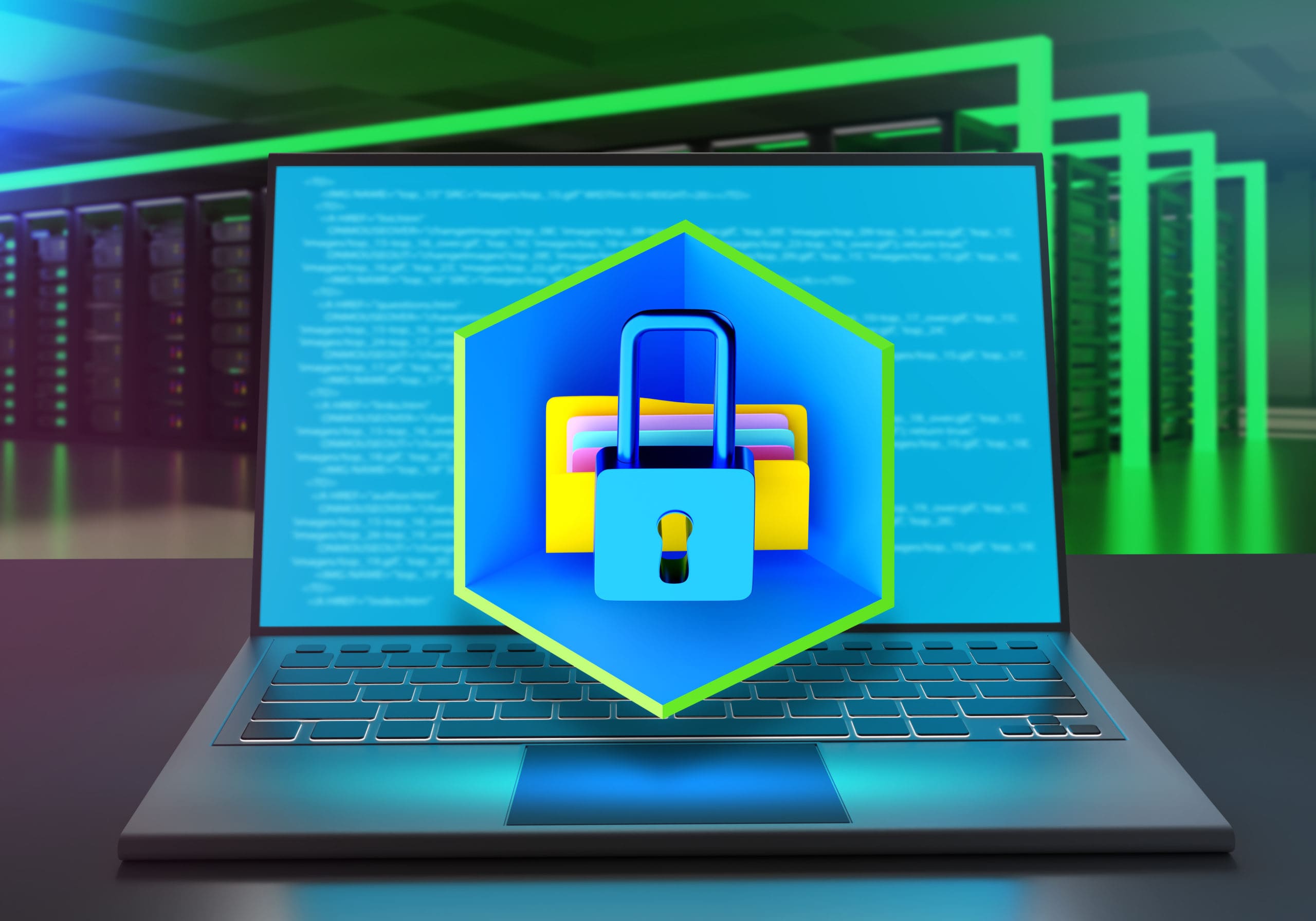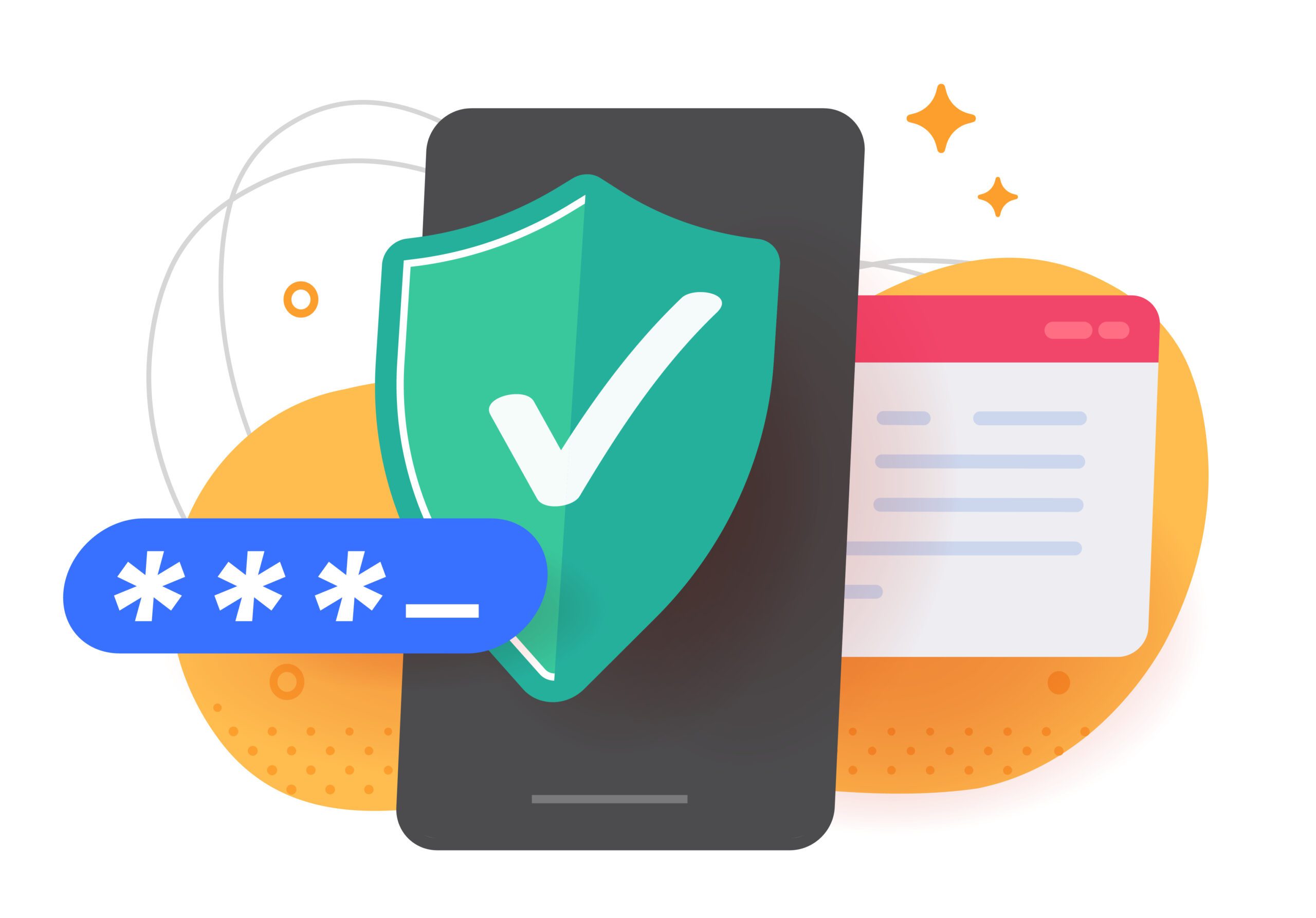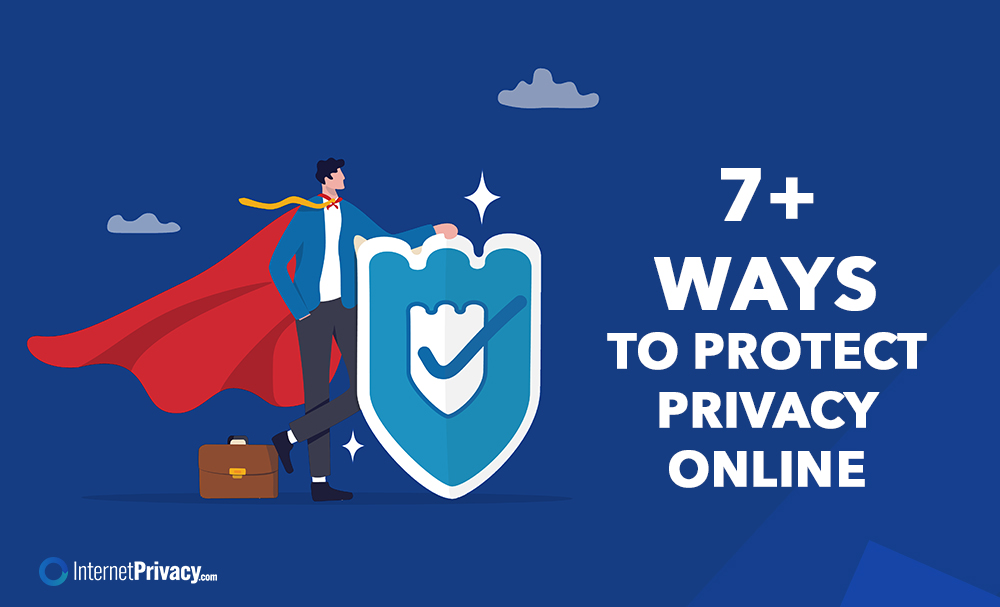How to Opt-Out from BackgroundAlert: Your Ultimate Guide

BackgroundAlert is a popular background check service, but there are valid reasons to opt-out, including privacy and security concerns like identity theft and harassment.
Our guide provides a step-by-step process to opt out: gathering information, visiting their opt-out site, completing the form, verifying identity, and receiving confirmation.
We also offer tips to protect online privacy, like monitoring personal data, using social media privacy settings, being cautious online, and considering a VPN. Following this guide and these tips helps you regain control over personal information and enhance privacy and security in the digital age.
Why Would You Want to Opt Out from BackgroundAlert?
Opting out from BackgroundAlert can be driven by several factors. You might already have access to its information elsewhere, have privacy concerns, or find the service lacking accuracy or relevance.
In such cases, opting out is a strategic move to regain control over your online presence and manage your digital reputation. Your decision should align with your unique circumstances and priorities.
Understanding the Risks of BackgroundAlert
Understanding the risks of BackgroundAlert is vital, including privacy invasion, identity theft, and the potential for stalking or harassment. We’ll provide a step-by-step opt-out guide covering website visitation, identity verification, and confirmation to help protect you.
Invasion of Privacy
Invasion of privacy is a major concern with BackgroundAlert, as it collects and stores various personal details. Opting out is essential to protect and remove your personal information from potential misuse by employers, landlords, or others.
Follow the guide to gather necessary information, visit the opt-out website, and verify your identity. Once done, you’ll receive confirmation.
Additionally, take steps like monitoring your data, adjusting social media privacy settings, being cautious online, and using a VPN to enhance privacy and safeguard your personal information. Opting out is crucial to prevent invasive privacy breaches, and these steps provide added protection.
Potential Identity Theft
Identity theft is a growing concern on platforms like BackgroundAlert, where personal information is collected. To protect against this risk:
- Safeguard your personal data, especially on social media.
- Monitor your financial statements and credit reports regularly.
- Use privacy settings on social media.
- Consider using a VPN for online privacy and security.
With identity theft on the rise, staying vigilant and proactive in protecting personal information is crucial in today’s digital age.
Risk of Stalking or Harassment
Opting out of BackgroundAlert is crucial to reduce the risk of stalking or harassment, as the service provides easy access to personal information, making individuals vulnerable to unwanted attention or threats.
To protect your privacy, follow the opt-out process by gathering necessary information, visiting the website, and verifying your identity.
Additionally, regularly monitor your personal data, use privacy tools on social media, limit online information sharing, and consider using a VPN for added protection. These steps ensure your personal information remains secure and confidential, prioritizing online privacy when dealing with platforms like BackgroundAlert.
To opt out of BackgroundAlert and protect your privacy, follow these steps. First, gather the necessary information and visit the BackgroundAlert Opt-Out Website. Complete the opt-out form and verify your identity to ensure your request is processed successfully.
After submitting the form, you’ll receive a confirmation email from BackgroundAlert; be sure to click the link to confirm your opt-out.
To maintain your privacy beyond this, regularly monitor your personal information, use social media privacy settings, exercise caution online, and consider using a VPN for added security. Following these steps and privacy measures will help safeguard your personal information effectively.
Additional Steps to Protect Your Privacy Online
Regularly Monitor Your Personal Information
To protect your privacy and prevent identity theft, regularly monitor your financial accounts and credit reports for unauthorized activity, set up alerts with your bank and credit card companies, review and adjust your social media privacy settings, be cautious about sharing personal information online, and consider using a virtual private network (VPN) for added security.
Use Privacy Tools and Settings on Social Media Platforms
To protect your privacy on social media, follow these steps: adjust your privacy settings, enable two-factor authentication, regularly review and remove unknown contacts, be cautious with app permissions, use private browsing, scrutinize friend requests, employ strong passwords, and stay updated on privacy settings as platforms evolve.
These measures ensure your control over personal information and enhance privacy.
Be Cautious with Sharing Personal Information Online
When sharing personal information online, caution is vital to mitigate associated risks. Key considerations include limiting shared details, utilizing strong privacy settings on social media, being selective with friend requests, avoiding sensitive online conversations, updating passwords regularly, and scrutinizing links and email attachments for potential threats.
These practices are essential for your info, safeguarding online privacy, and preventing identity theft or other online dangers. Staying vigilant and taking necessary precautions are imperative to protect personal information effectively.
Consider Using a VPN
Considering opting out of BackgroundAlert, using a VPN (Virtual Private Network) is a valuable security measure to enhance online privacy and guard against potential identity theft. A VPN establishes a secure, encrypted connection between your device and the internet, preserving the confidentiality of your online activities and personal data. Routing your internet traffic through a remote server obscures your IP address, making it challenging for anyone to trace your online presence. While a VPN protects against hackers and eavesdroppers, it doesn’t guarantee complete anonymity.
Studies show that approximately 25% of global internet users employ a VPN to safeguard online privacy and security, making it a worthwhile consideration for protecting personal information and ensuring a secure online experience.





